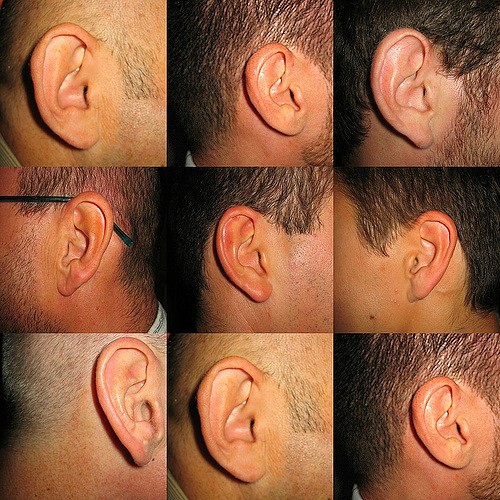MedicalResearch.com Interview with:
Dr Sabrina Bajwah
MBChB MRCGP MSc MA PhD
Consultant Palliative Medicine, King’s College NHS Foundation Trust
Honorary Senior Lecturer
King's College London
Cicely Saunders Institute, Department of Palliative Care, Policy and Rehabilitation
London, UK
MedicalResearch.com: What is the background for this study?
Response: Where people die is often important to them and their families, as well as being important for planning health care services. Most people want to die at home, but instead most die in hospital. While the trends have been studied in cancer, other diseases, such as respiratory, are rarely looked at even though they are common and increasing causes of death.
Chronic Obstructive Pulmonary Disease (COPD) and Interstitial Pulmonary Diseases (IPD) are common respiratory conditions. Both conditions result in a high use of hospital services, especially among people in advanced stages. This leads to high healthcare costs.
1 In the UK in 2010, it is estimated that IPD costs £16.2 million per year in hospitalisations.
2 The NHS spends more than £810 million annually managing COPD, with inpatient stays accounting for around £250 million annually.
Understanding which factors affect place of death is vital for planning services and improving care, especially given our ageing population, rising chronic diseases and the high costs of hospital admissions. Strategies in many countries have sought to improve palliative care and reduce hospital deaths for non-cancer patients, but their effects are not evaluated.
We aimed to determine the trends and factors associated with dying in hospital in COPD and IPD, and the impact of a national end of life care (EoLC) strategy
3 to reduce deaths in hospital. This study analysed a national data set of all deaths for COPD and IPD, covering 380,232 people over 14 years.
(more…)

















